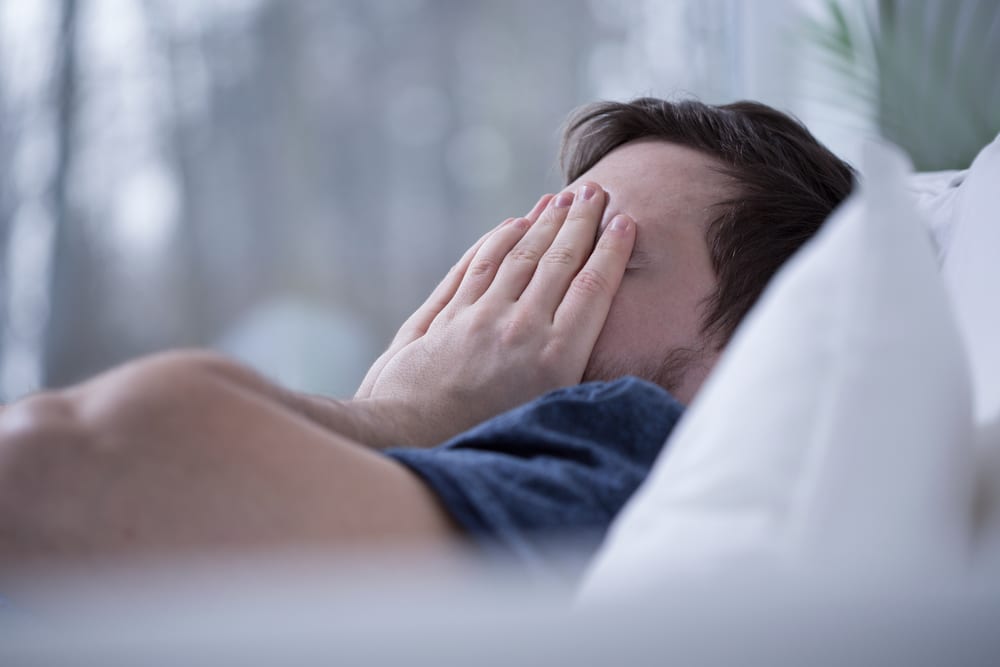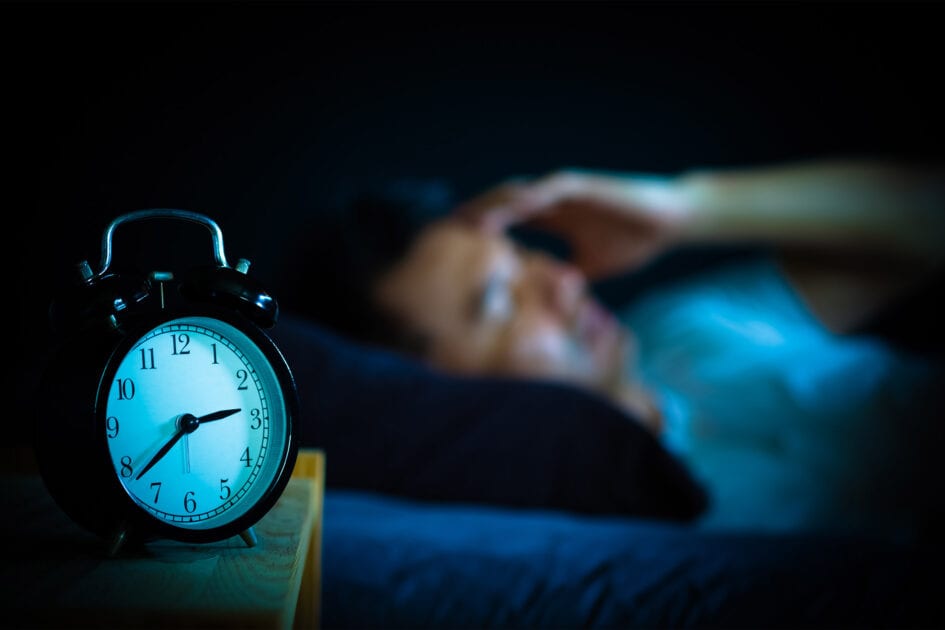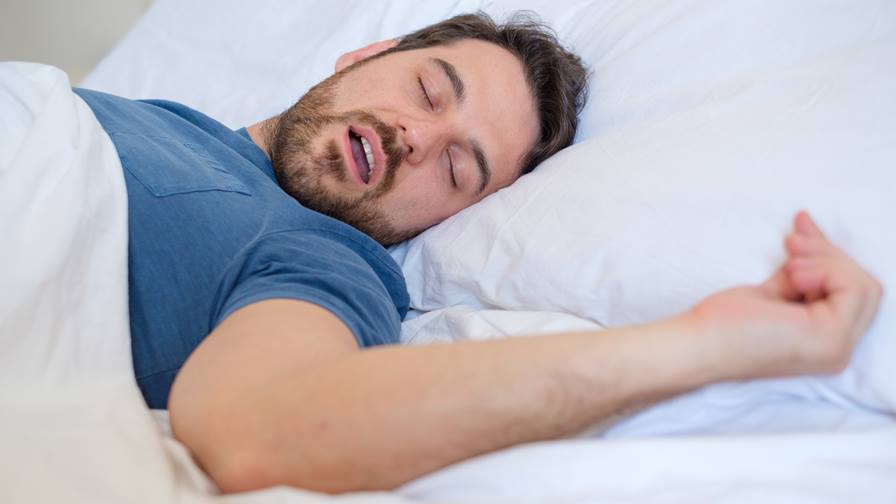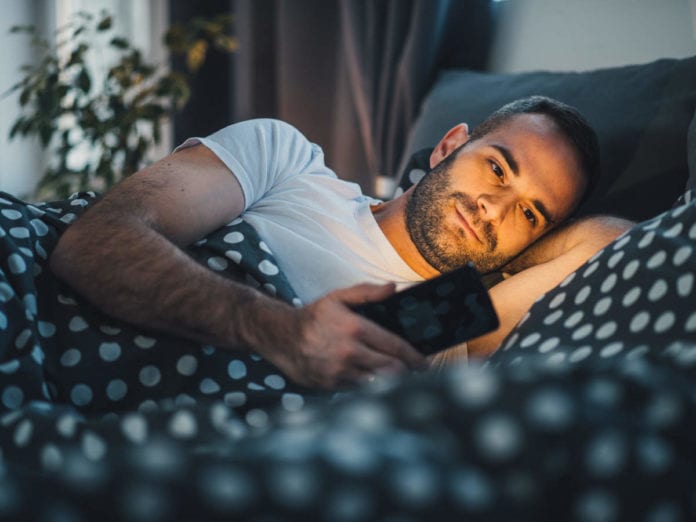Unfortunately, 2020 has been a year that has not brought us much joy. For many people, irregular sleeping patterns and sleep disturbances have been added to their hardships. The lockdowns were implemented to stop the spread of the novel SARS-CoV-2 virus, which has prompted critical behavioural changes and transformations to maintain productivity. This has, in turn, influenced regular physiological cycles related to our well-being.
What are the various prevalent sleep disorders?
- Circadian Rhythm Disturbances:
Most vertebrates have a circadian body-clock, which automatically adapts to rest and wake cycles. For human beings, eight hours of rest is viewed as the standard prerequisite for most people, and external factors, such as outside light and temperature, impact such cycles. In the pre-COVID period, circumstances, time, and sleep patterns in most people were controlled by timetables defined by work or study.

Post the lockdown; this has now been left to the new normal’s ideas and work requirements, which has caused circadian disturbances. Work or study from home is moderately unstructured. The expanded advanced media and the illuminated technological aspect pushes the organic clock to change signs about day-night, leading to a very hazardous and challenging sleeping pattern that may affect most individuals.
A study on 1511 members in India uncovered that the younger generation and ladies were more vulnerable to these changes, causing a condition of “social jetlag”. Working ladies currently need to perform various tasks among family and work duties and help their children with online school, potentially clarifying why their sleeping patterns have been generally disturbed.
We are in no way insinuating that homely duties be the concern of women alone, but the pattern in India suggests women majorly take part in these activities. The primary concern is that despite dozing off for longer hours, people regularly report an irregular pattern of rest that makes them feel like they are always tired.
Insomnia:
Social confinement, monetary or work issues, defamation of people with COVID-19, the consistent media introduction to reports of rising infections and deaths, and accounts of precious ones capitulating to the illness all lead to a feeling of helplessness, uneasiness, and sorrow. With Insomnia, treating doctors have encountered a critical extent of people reporting this to be a side effect of the lockdown.

Along with this comes post-traumatic stress disorder (PTSD), uneasiness, and depression, which was accounted for up to half of all people who experienced the SARS disease in 2003. In 2020, people who were infected with the COVID-19 virus may show similar signs, with insomnia being perceived as a continuous consequence of what is presently being designated as “long COVID”.
A mental assessment should be considered for all people who encounter a sleeping disorder and the compulsion to use tranquillizers. The older generation is particularly vulnerable, and careful consideration must be paid to any senior individual who has had a new-beginning of insomnia during the lockdown.
Sleep Apnea:
Sleep Apnea is one of the most typical rest problems in the human population, influencing up to 10 per cent of grown-ups. Idleness, weight gain, and liquor utilization are all contributing factors for obstructive sleep apnea. In lockdowns, as a person is restricted from moving out of their homes, the risk of overeating increases and may contribute to excess weight gain, increasing the chance of contracting this syndrome.

The importance of sleep to maintain health cannot be overemphasized. It plays a vital role in immunity and recovery from infections. Simple measures that can be employed to ensure sleep health during the lockdown includes maintaining a structure to one’s day and having a constant sleep-wake time, avoiding bright lights in the form of devices close to bedtime, keeping the bedroom as dark as possible, avoiding caffeinated beverages for 6-8 hours before bedtime, exercising in the morning and avoiding excessive amounts of alcohol. If, despite these measures, one fails to ensure adequate sleep quality, seeking professional help to address the potential underlying causes would be prudent.
Further Reading:


